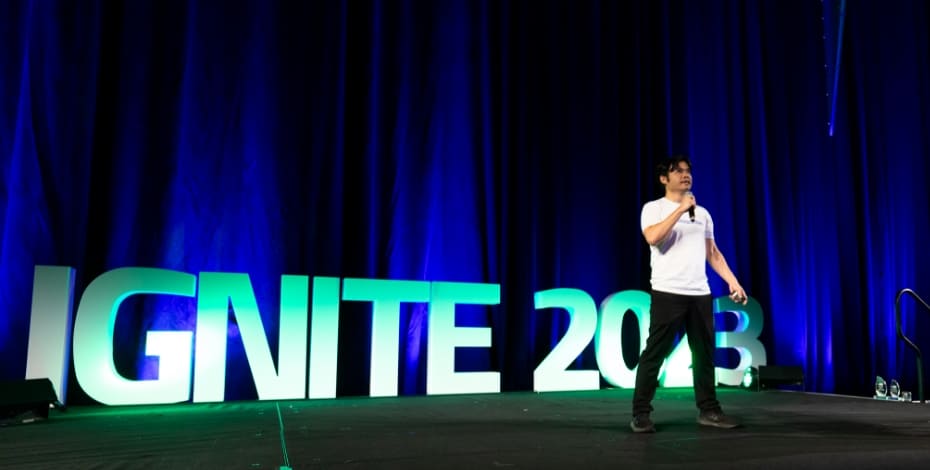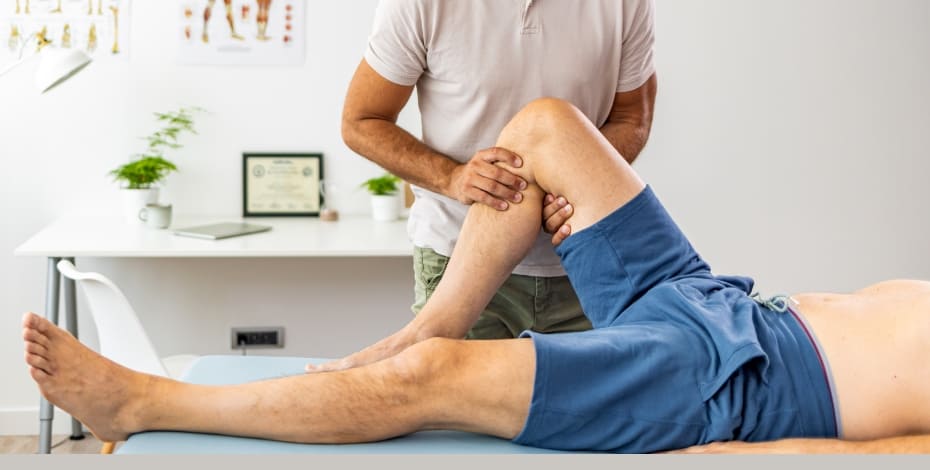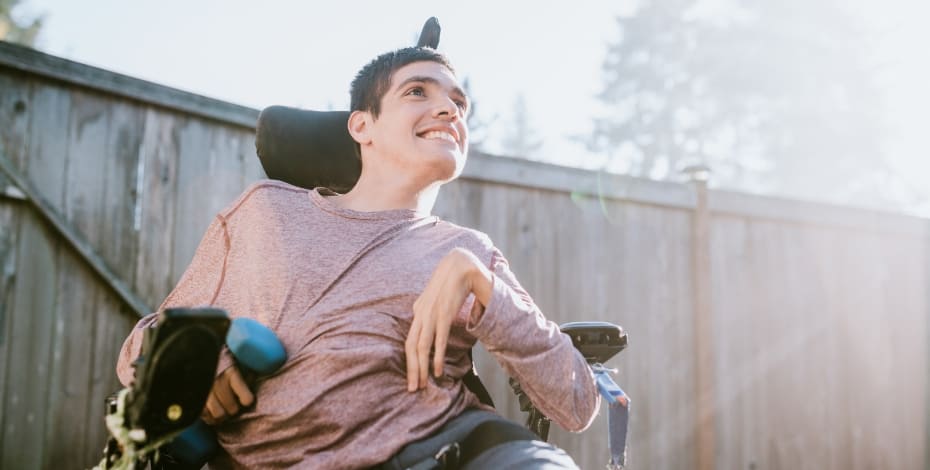
Putting AI-based copilot to work

Barry Nguyen was a finalist at last year’s Physiotherapy Research Foundation Physio Pitchfest competition. His product, CliniScribe, is an artificial intelligence-powered app for generating clinical reports, referral letters and more.
When Barry Nguyen’s interest in software engineering and artificial intelligence (AI) collided with a desire to streamline the administration behind his physiotherapy practice, he started playing with the new generative AI platforms such as ChatGPT to see if he could come up with something useful.
Barry had used the extended lockdowns in Melbourne during the COVID-19 pandemic to develop his software engineering skills.
‘I wasn’t allowed to practise at the time because my practice was predominantly hands-on so I was a bit worried about work at that point.
‘There was a boot camp that guaranteed a software engineer job after five months of full-time study and because of the extended lockdown and uncertainty I completed that, so now I’m a dual-qualified software engineer and physio,’ he says.
While Barry’s physiotherapy practice has since recovered, he’s used his software engineering skills to develop CliniScribe, an AI-based app that can manage clinical notes, documents and referrals, saving the clinician valuable time that would otherwise be spent doing administrative tasks.
The app was a finalist in the Physiotherapy Research Foundation’s Physio Pitchfest competition held in 2023 at the IGNITE 2023 national conference.
‘CliniScribe converts clinical SOAP [subjective, objective, assessment and plan] notes into reports, patient educational material, treatment plans, referral letters, GP letters, care plan letters and so on,’ Barry says.
Based on generative AI, CliniScribe uses patient notes to generate required documentation.
The user can go in and edit and customise as required.
A second function allows clinic administration staff to automatically extract the information in letters, emails and faxes to update patient files and streamline administrative processes.
An advanced letter template feature has been added, allowing drafted content to be placed under relevant custom headings and tables.
Barry and his team are currently working on National Disability Insurance Scheme report writing.
Barry is also working on a way for clinicians to quickly update their patient notes without having to record the whole session with a patient.
‘The AI solutions I found record the whole session, which would require consent from the patient.
‘The physio would need to explain to each patient how the audio file would be used and stored and we found that lots of physios aren’t comfortable with that yet,’ he says.
Barry’s system allows the clinician to dictate their observations and assessments directly to the app, which will then generate clinical notes in the appropriate format.
It provides an easy answer to the problem of obtaining consent from the patient to record their information and avoids the need to verbalise every single assessment and observation.
‘You don’t necessarily want to start talking about a physical test in front of the patient.
‘If you think about the conversations you have with your patient, you don’t say “I’m doing this test; this is the result of this test”—that might be confusing for them.
‘For a GP, I can see it works well; for psychologists, it probably works well too because the consult is often fully recorded.
‘But from a musculoskeletal perspective, I feel we’ve got a more suitable solution,’ he says.
Barry refers to CliniScribe as a clinical ‘copilot’ and says that it’s not designed to replace existing practice management software but to work alongside it.
He believes that apps like CliniScribe will ultimately be integrated into practice management software but right now the two are working comfortably side by side.
Since coming up with a workable app, Barry has been sending CliniScribe out to colleagues and friends in the physiotherapy and allied health world, asking them to use it and provide feedback.
The app currently has around 100 users in Australia and New Zealand and Barry is working towards a wider release in the coming months, with a subscription model that charges for the specific features used by the clinic or practice.
‘We’re trying to cater to a small, solo practitioner as well as to larger clinics,’ Barry says.
He believes CliniScribe has potential applications across allied health and medical practice, from physiotherapists to medical specialists.
Barry currently leads a small team at CliniScribe, doing most of the technical work himself and balancing it with his own clinical practice.
While an app like this will be attractive to investors and to clinical practice management companies looking to expand their features, for the moment he is happy to keep improving the app based on user feedback.
‘Everyone in this space is rushing for startup investment, rushing to get it out there and market it.
‘I’d rather just gather as much feedback as possible and make it fit for purpose for the work of allied health first.
‘I’m not in a hurry for wealth creation from it.
‘My team and I want to make it 10 times better and different from others on the market, so we’re listening to users and making those little tweaks,’ he says.
In the end, Barry hopes that CliniScribe will allow physiotherapists and other clinicians to spend more time doing what they are good at—providing high value care to patients—and less time on administrative tasks.
‘It’s not about taking over the world and taking over physio; it’s more about taking away all the menial tasks so physios can provide a high value care service to their patients,’ he says.
>> Click here for more information about Cliniscribe. Barry Nguyen APAM is a former innovation adviser for the APA.
>> The 2023 PRF Physio Pitchfest was proudly sponsored by VALD Health (valdhealth.com).
Course of interest:
© Copyright 2024 by Australian Physiotherapy Association. All rights reserved.






